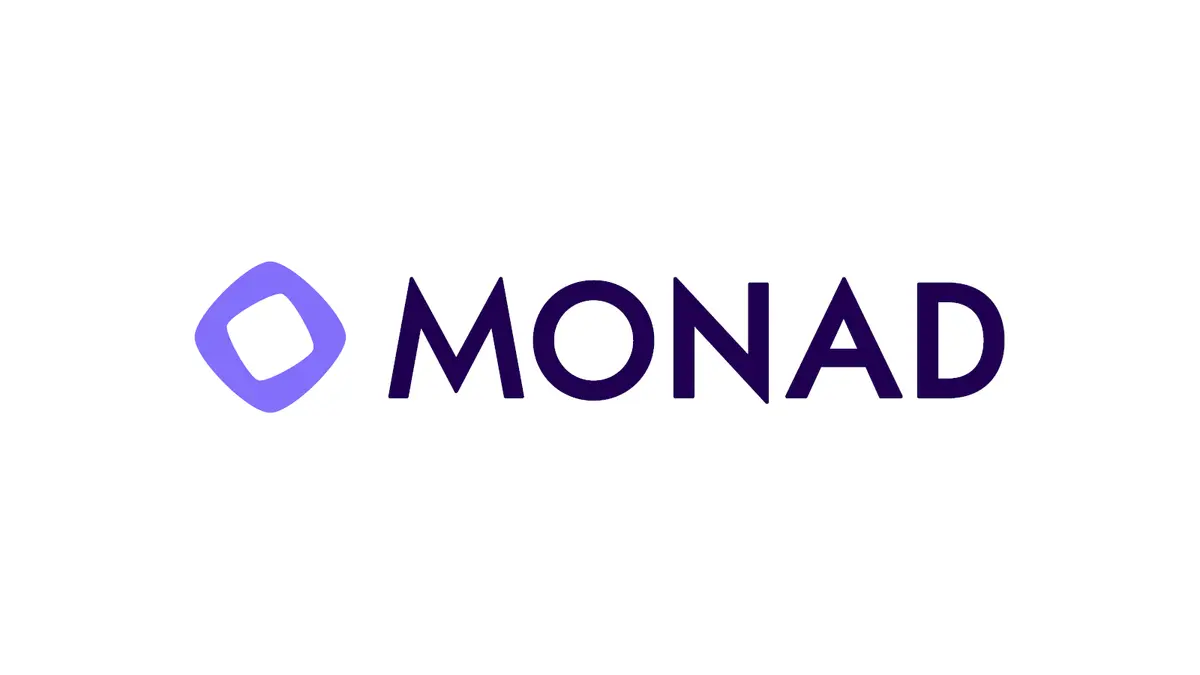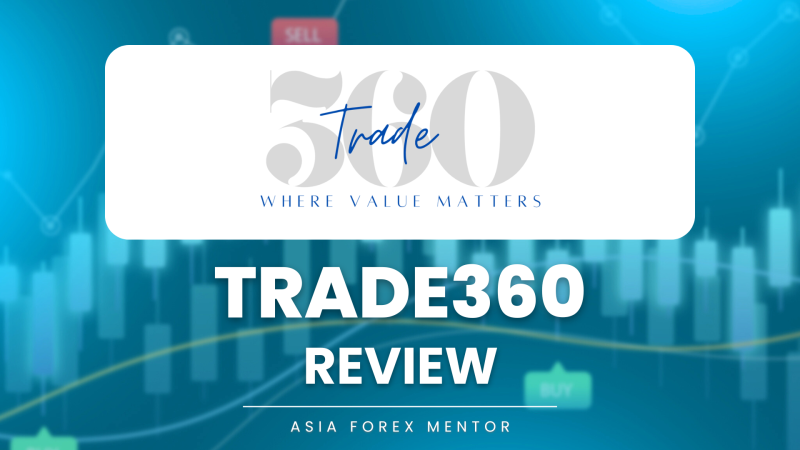
As blockchain technology continues to evolve, new concepts and frameworks appear, targeting the traditional challenges of blockchain scalability, decentralization, and transaction efficiency. One such concept rising in interest in the cryptocurrency market is Monad. But what exactly is Monad as related to crypto? Let's take a look at how Monad positions itself within the landscape of existing blockchain networks.
What is Monad in Crypto?
Monad, in simple terms, aims to prevent the new blockchain protocol from introducing complexities into decentralized systems while prioritizing required simplicity and blockchain scalability. Structured around monadic principles useful in functional programming, Monad introduces an interesting way of managing blockchain state and handling blockchain transactions between blockchain networks. It originates from functional programming—a design pattern for side-effect control and state management, a design philosophy now attempted in the crypto world to alleviate some of the pains faced by existing blockchain networks. Monad aims to offer a scalable solution to the limitations seen in current systems.
Addressing Blockchain Challenges with Monad
It is essential to first clarify some of the problems that Monad intends to address within the realm of blockchain to understand this term. Most common existing blockchain networks, such as Ethereum, suffer from scalability issues, especially when the volume of blockchain transactions crosses a certain threshold, leading to network congestion. When such congestion occurs, these networks face slow transaction execution speeds and high fees as their main problems. On top of this is the blockchain trilemma of working toward decentralization and security without compromising on either aspect.
In solving these problems, Monad offers an almost direct approach. The existence of blocks with blockchain state transitions is basically one avenue to achieve efficiency by working with allowing multiple transactions to be processed simultaneously instead of segregating them and putting each through what might be intense observation. This parallel processing capability is central to Monad's claims of improved performance.
How Monad Works: Parallel Execution and EVM Compatibility
Now diving a bit deeper into Monad and how it allows the blockchain systems to further work. Usually, in most blockchain networks, the state of the system is being updated with every new block or transaction. Although the state update can become a little cumbersome or even inefficient if multiple transactions are to be validated at the same time. Monad resolves this issue by encapsulating state changes in a monadic structure that allows a more coherent view of transactions through deferred execution and optimistic parallel execution.
Monad's primary advantage lies in its different transaction execution logic and its parallel execution capabilities. Because of this, blockchain systems could execute more transactions per second (TPS) in less time without compromising their decentralization and security. Monad is designed as a high-performance blockchain platform.
Another crucial aspect is full EVM compatibility and Ethereum compatibility. The new model behind smart contracts is more flexible and scalable in execution and state management. This framework allows application developers to build decentralized applications (dApps) that are faster to run, more efficient, and scalable with user growth. The Monad client facilitates interaction with this system. Furthermore, Monad offers full compatibility with the Ethereum Virtual Machine (EVM), meaning existing Ethereum applications can potentially run on Monad with minimal code modifications. This EVM-compatible design lowers the barrier for developers within the Ethereum ecosystem to explore Monad. Monad Labs is likely involved in the development and advancement of these technologies.
Importance of Monad for Crypto
While blockchain technology, by and large, pushes industries to accept major changes, scalability issues and high transaction fees are still hurdles to be addressed for mainstream adoption, impacting even decentralized finance (DeFi). Monad attempts to address this with a better processing and management solution for transactions. Here’s the usefulness of Monad within cryptocurrency:
- Scalability: Together with the well-known properties of security and decentralization, Monad manages to be designed in a way to scale transaction volumes at high throughput, possibly taking away one of the major bottlenecks in the space and helping to address scalability issues.
- Faster Transactions: The monadic design of Monad executes state-change commands with alacrity, with faster transaction finality and reduced network congestion. It aims for single-slot finality.
- Lower Fees: With possible simplification of state management, Monad could decrease transaction fees, bringing DeFi and other blockchain-based services more within reach of the general public.
- Flexibility for Developers: The smart contract abilities offered by Monad not only provide a flexible environment for developers to build scalable and efficient dApps but also provide avenues for innovative solutions in DeFi, NFTs, and otherwise. The availability of developer tools is crucial here.
- Decentralization and Security: As efficiency is enhanced, Monad will not encumber the cornerstone principles of decentralization and security for blockchains. This ensures the protocol has resilience to censorship and manipulation in its operations. The consensus process and consensus mechanism are designed to uphold these principles.
The Future of Monad in Crypto
As more developers and projects explore Monad's potential, its impact is poised to rise. Not only will it fortify the existing blockchain networks but also serve as groundwork for next-gen decentralized applications. The Monad community will play a vital role in its growth.
In a surging interest addressing scaling and cutting transaction costs, it seems likely that Monad would address the challenges in mainstream crypto adoption. It could thus be viewed as a possible moving step toward the realization of blockchain's promise of a truly global-efficient financial system. Achieving 10,000 transactions per second is a significant target for Monad, showcasing its ambition for high performance. This high-performance blockchain platform aims to offer a clear path to improved network performance.
Conclusion
In the fast-changing world of cryptocurrency, Monad illustrates the new wave of innovation geared towards faster, more scalable, and, by extension, accessible blockchain platforms. Although the technology is still in a nascent stage, it might influence the future course of decentralized networks, thanks to its approach toward state management and transaction execution efficiency. As the fastening of blockchain technology progresses, with energy usage and efficiency generally regarded as paramount, Monad is among the keys unblocking a more efficient and sustainable future for crypto. Thorough research into Monad and its underlying technology, including the Patricia trie data structure used for managing blockchain data, is essential for understanding its potential. While the monad price is yet to be determined, its technological advancements position it as a noteworthy project. It strives to achieve throughput and scalability while maintaining compatibility with the Ethereum ecosystem as a compatible layer 1 and among other EVMs. This EVM-compatible nature, offering full EVM, minimizes the need for significant code changes for existing applications, paving the way for potential optimizations and a thriving ecosystem of compatible blockchains.
Whether as a developer looking for an ingenious way to manage state or a crypto enthusiast keeping an ear to the ground for modern trends, Monad is a name to watch. If it can fulfill its promise, it may well be a bedrock of blockchain technology in years to come for speed and scalability.













